Dicentra formosa, the western bleeding heart or Pacific bleeding heart, is a flowering plant in Poppy family, generally found in moist wooded areas from California to British Columbia. It is a perennial that grows from a horizontal rootstock (tuber). The plant can approach half a meter in height. The flower has four petals between one and two centimeters long in shades of purple to pink to nearly white. The outer two petals curve and pouch, forming a rough heart shape. Leaves are finely divided and fernlike, growing from the base of the plant. Flowers are pink, red, or white and heart-shaped and bloom in clusters at the top of leafless, fleshy stems above the leaves from mid-spring to autumn, with peak flowering in spring. Description from Calscape
Home > Plant Guide >
Scientific Name
Family
Garden Type
Wildlife
Native Plant Region
Light needs
Water Needs
Plant Type
Bloom Color(s)
Height
Width
Months in Bloom
Safe Beneath Power Lines?
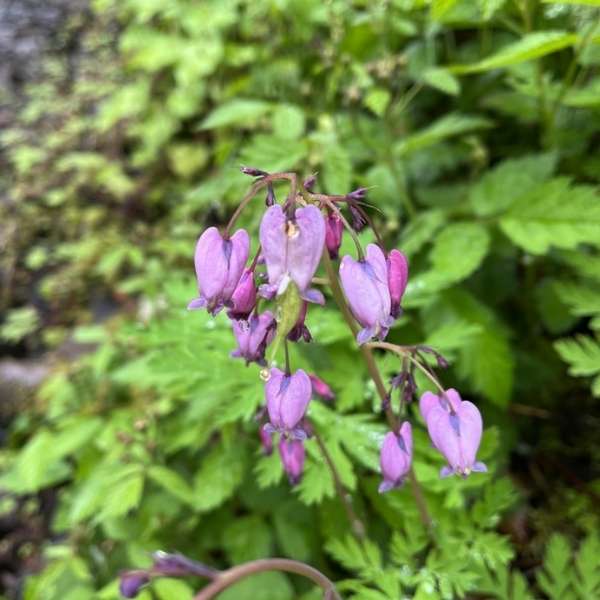
We’d like to maintain accurate and robust plant listings. If you see information that is not correct or that could be added to improve the listing, please let us know. Or if you’d like to suggest a plant to add to our plant guide, you can use this form do so. Thank you!
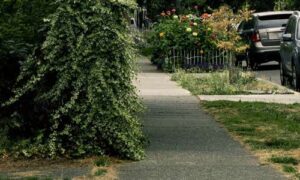
Start a garden in a planting strip along the street. Explore our interactive corridor map, find what to grow, and start nurturing today.

Learn about diversifying the way architecture is taught and practiced from designers of color.
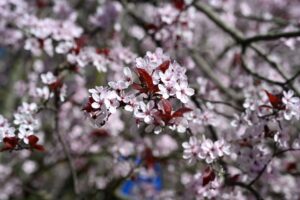
Gardeners can check out seeds for free from the library to plant. Then after harvest, gardeners bring seeds back to the library for others to enjoy in future growing seasons.
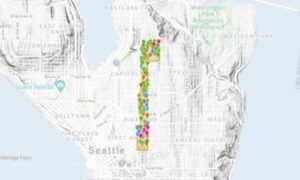
Get involved by sharing and mapping the birds, animals and nature around you to help the community understand the biodiversity in our neighborhood.
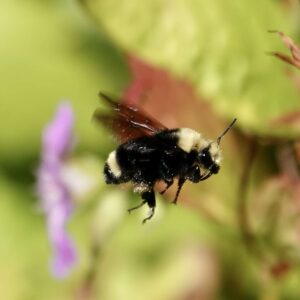
Look closer…and meet the local insects that pollinate the plants around your Seattle neighborhoods. Learn about some of our amazing native pollinating insects.
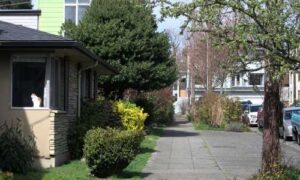
Do you wonder how a cat can be happy indoors? This presentation will give you a better understanding of cat behavior and the confidence that an indoor cat can be a happy cat.
Nature of Your Neighborhood is a collaboration between Birds Connect Seattle, the Capitol Hill EcoDistrict, and the Seattle Bird Conservation Partnership. Our goal is to foster relationships between the people and the nature of their neighborhoods.